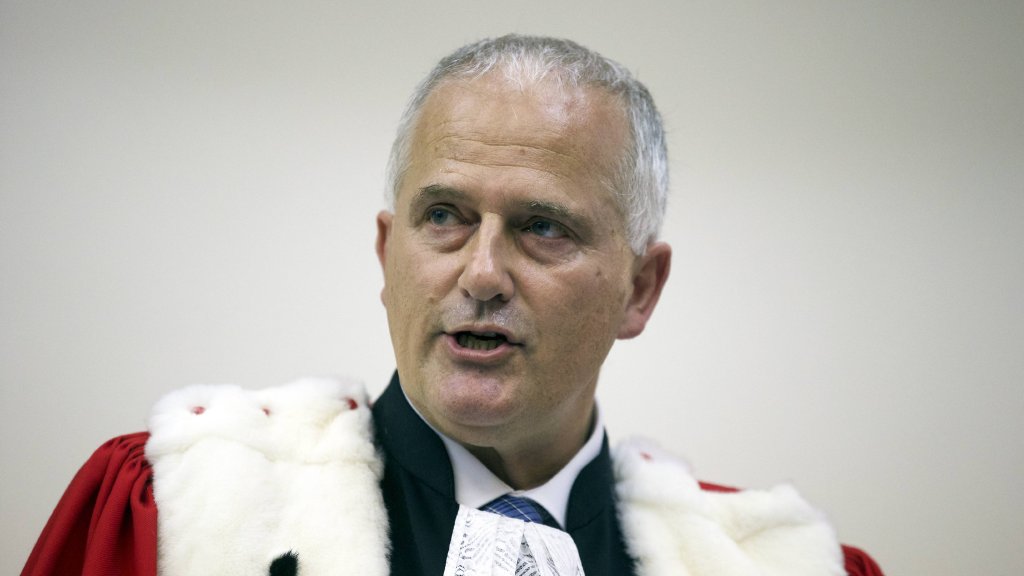Brussels judicial police will no longer deal with all financial offences that come to them, for reasons of lack of staff, prosecutor-general Johan Delmulle said yesterday.
Delmulle was speaking at the official opening of the new judicial year, and explained that the judicial police – who usually handle the most serious and complex cases – will only handle those financial cases that meet certain criteria.
Financial investigations require a certain amount of technical knowledge, over and above the usual police skills. In addition, those being investigated are often wealthy individuals or companies who are able to call on an army of experts, compared with the scarce resources of the police.
Delmulle’s other aim is to reduce the backlog of cases before the court of appeal, which mainly concern cases of a financial nature, where delays can result in years passing before the case ever comes to court.
When it does, the accused frequently make use of the civil party provision, which allows any party to the case to demand additional investigative acts. The provision is important in all kinds of cases, but can also be misused simple to hamper the progress of a case.
The department is also facing a serious shortage of officers capable of carrying out a major investigation.
“Twenty years ago there were 131, today only 87,” said Delmulle. And there appears to be no relief on the horizon.
“From now on, every investigation will pass through a weighting committee that will consist of the chief constables of the public prosecution service and the judicial director of the Brussels federal judicial police, or their representatives,” he explained.
“They will set a priority level of 1 to 3, the lowest level will mean that the investigation will not be conducted by the specialised police," concludes the magistrate.
Various options remain for the disposal of other cases: shelve the whole matter; pass it on to another investigation service; or turn it over to local police.

